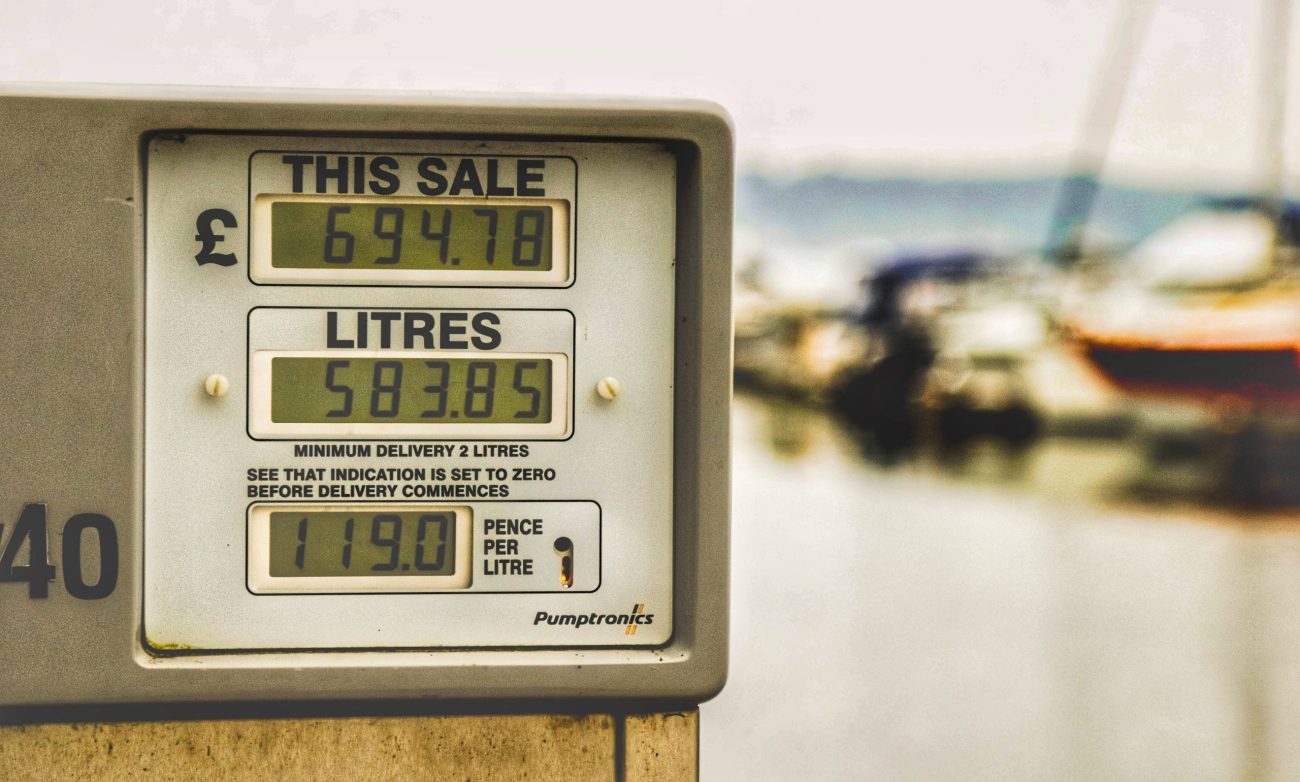Welcome! You’re here because you’re intrigued by the recent fuel price increase, specifically in South Africa, right? You’ve probably noticed that your wallet feels a bit lighter after filling up your tank. Don’t worry, you’re not alone. This article aims to shed light on the dynamics of the fuel price in South Africa and help you understand why you’re paying more at the pump.
Fuel, like any other commodity, is subject to market forces. Its price is influenced by various factors, including the international crude oil prices, exchange rates, and government taxes. In South Africa, fuel price adjustments are made monthly by the Department of Energy, based on these factors.
South Africa’s fuel price dynamics are unique in several ways. Firstly, the country is a net importer of crude oil, which means it’s heavily influenced by international market dynamics. Secondly, the South African government plays a significant role in determining the fuel price through various levies and taxes. Now, let’s delve deeper into the specifics of these dynamics.
Understanding the Fuel Price Increase in South Africa
The recent fuel price increase in South Africa can be attributed to several factors:
Rise in International Crude Oil Prices
This is a key component of the fuel price, and any fluctuations in it directly impact what you pay at the pump.
Exchange Rate
The fuel price in South Africa is influenced by the rand-dollar exchange rate as the country imports crude oil in dollars. Therefore, when the rand weakens against the dollar, the cost of importing oil rises, leading to an increase in the fuel price.
Government Taxes and Levies
These include the fuel levy, the Road Accident Fund levy, and the carbon tax, among others. The government uses these funds for various purposes, including maintaining the country’s road infrastructure and compensating road accident victims.

Factors Influencing Petrol Fuel Prices
Petrol fuel prices in South Africa are influenced by the same factors as mentioned above. However, the impact of these factors might vary slightly. For instance, international crude oil prices might affect petrol prices differently compared to diesel prices due to variations in refining costs.
Additionally, the demand and supply dynamics for petrol might also influence its price. For instance, during periods of high demand, such as during holiday seasons, petrol prices might see a surge. Similarly, disruptions in supply due to factors such as refinery shutdowns or geopolitical tensions can also lead to a spike in petrol prices.
How Fuel Prices Impact South Africa’s Economy
The new fuel prices have far-reaching implications for South Africa’s economy. Here are some of the implications:
Increase the Cost of Transportation
When petrol prices rise, transportation costs naturally rise with it. This, in turn, leads to an increase in the cost of goods and services as businesses pass on the increased transportation costs to consumers.
Decrease in Consumer Spending
As petrol prices rise, households must allocate a larger portion of their income to fuel, which can negatively impact economic growth.
Inflationary Pressures
As the cost of goods and services increases, the overall price level in the economy rises, leading to inflation. This can erode the purchasing power of consumers and lead to economic instability.

Rent-to-Buy as a Viable Option Amidst Rising Fuel Prices
With rising fuel prices, you might be considering ways to mitigate the impact on your wallet. One such option could be the rent-to-buy or rent-to-own scheme. This scheme allows you to rent a car for a period, with the option to buy it at the end of the rental period.
Rent-to-buy can be a viable option amidst rising fuel prices for several reasons:
1. It allows you to drive a fuel-efficient car without a large upfront payment, which can help you save on fuel costs.
2. The rent-to-buy scheme provides flexibility. You can choose to return the car at the end of the rental period if you find that the fuel costs are too high or if you find a more fuel-efficient alternative.
However, like any other financial decision, rent-to-buy requires careful consideration and due diligence. Before making a decision, you need to consider factors such as the rental price, the buyout price, and the terms and conditions of the contract.

Future Prospects of Fuel Prices in South Africa
The future of fuel prices in South Africa depends on several factors. These include the trajectory of international crude oil prices, the rand-dollar exchange rate, and government policies regarding taxes and levies.
While it’s difficult to predict with certainty, experts suggest that fuel prices are likely to remain high in the near future, given the current global economic conditions. However, initiatives such as the introduction of cleaner, alternative fuels and improved fuel efficiency in vehicles can provide some relief to consumers.
Understanding the dynamics of the fuel price increase in South Africa requires a holistic view of the various influencing factors. By staying informed, you can make better decisions to manage your fuel costs and navigate the economic impact of rising fuel prices.

